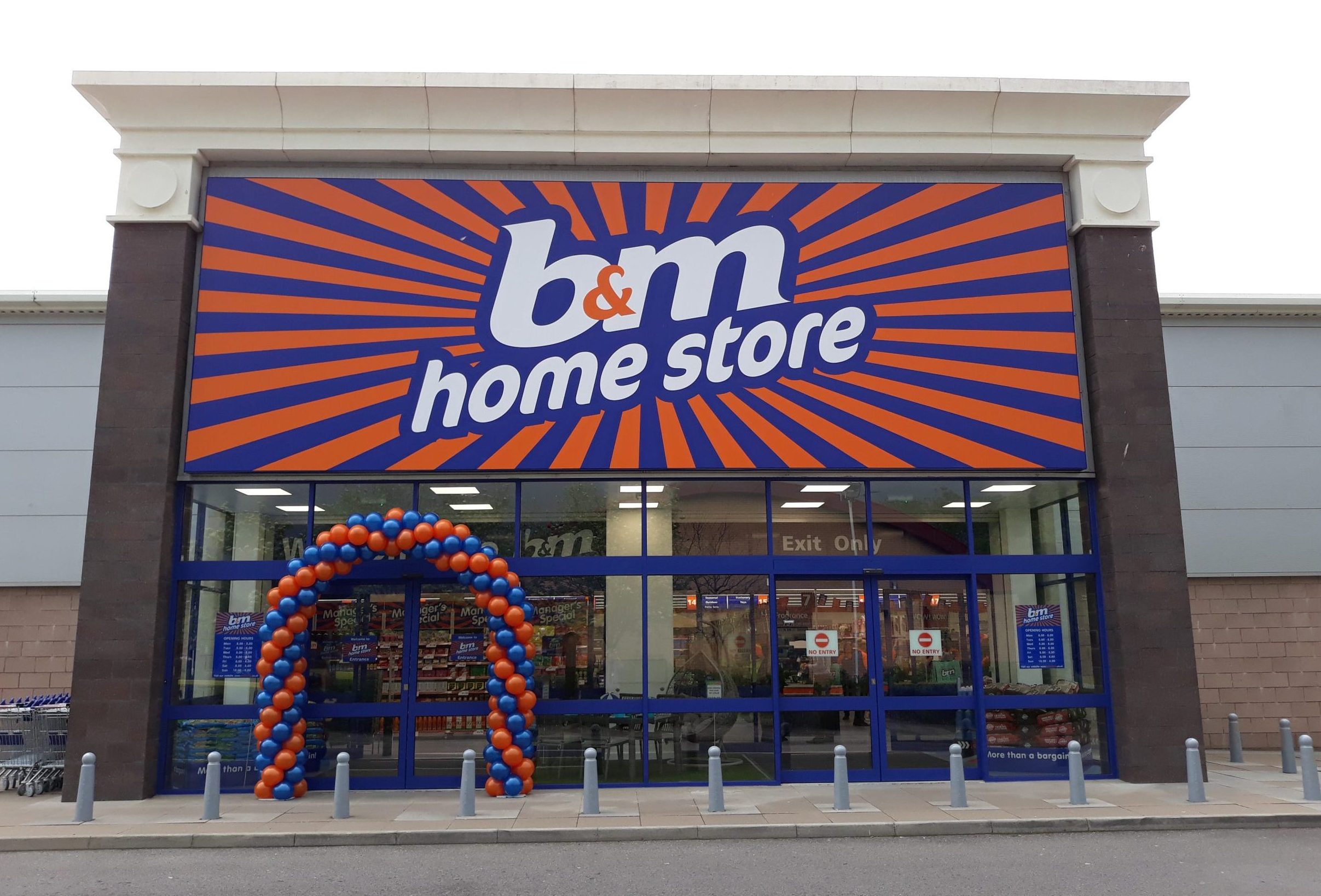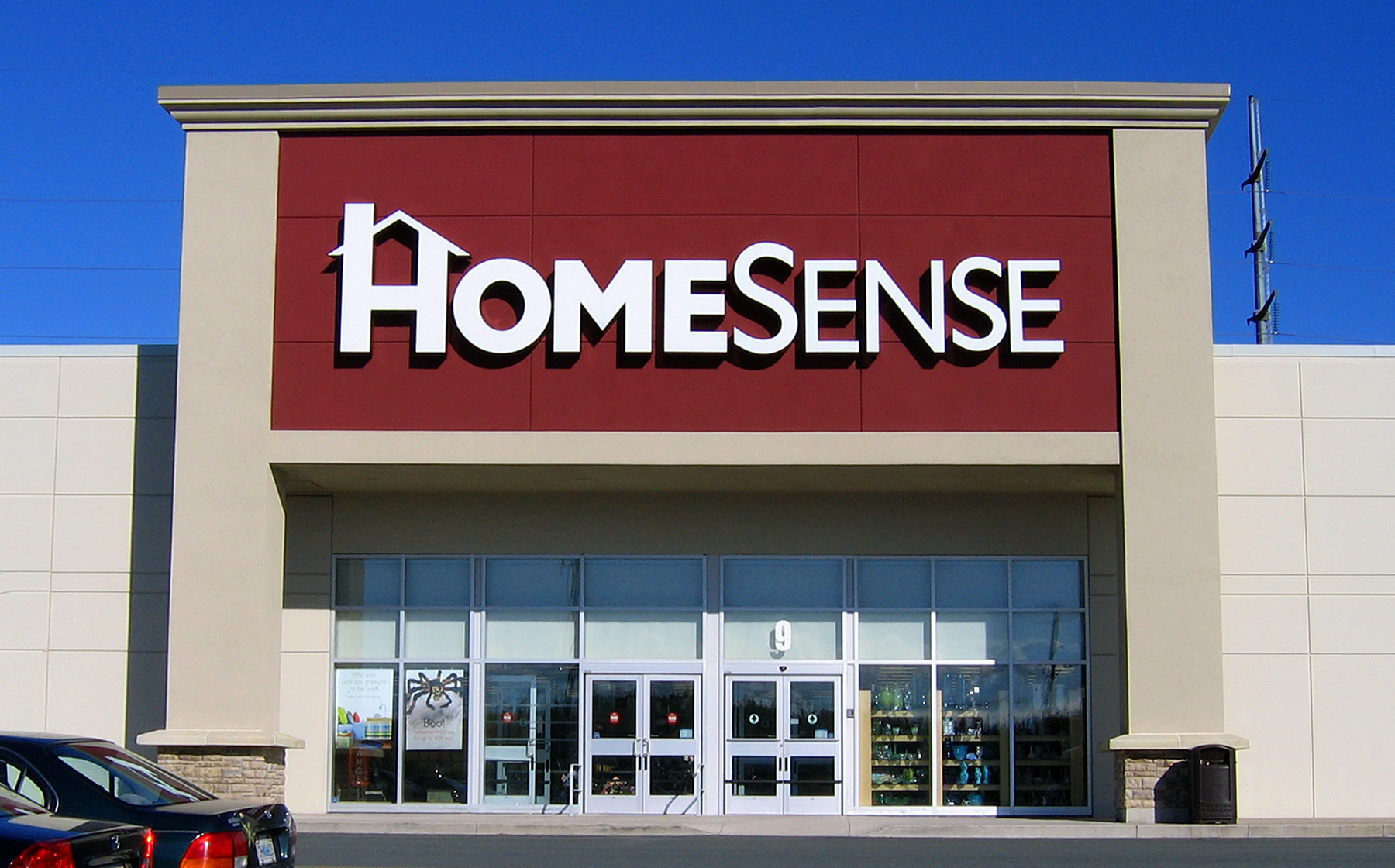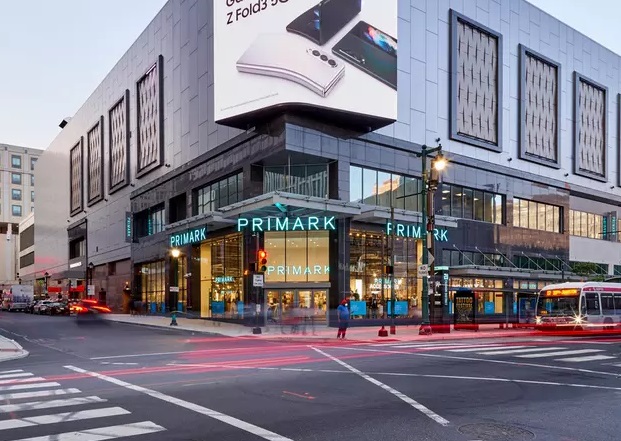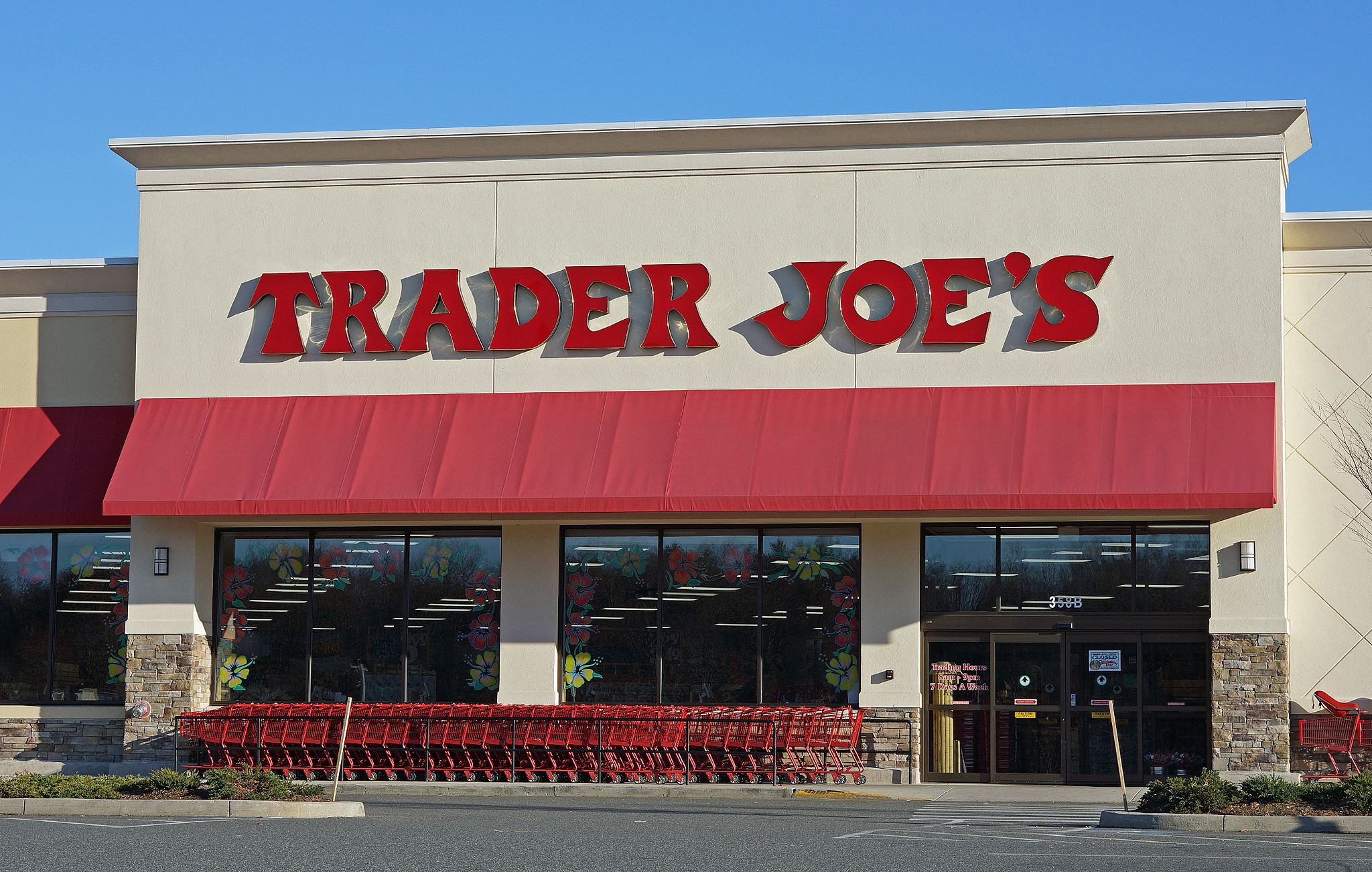These five brands have made a conscious decision to abstain from selling their products online even in today’s digital era. Here’s why…
Bengaluru: We are in a digital age where e-commerce dominates the retail landscape. Revenue in the global e-commerce market is projected to reach $3.64 trillion in 2023 and is expected to show an annual growth rate of 11.17%, resulting in a projected market volume of $5.56 trillion by 2027.
Despite the ever-growing prominence of online retail, some brands have opted not to sell their products online and chosen to maintain retailing through physical platforms due to several reasons ranging from priority on in-store shopping experience, cost considerations, logistical challenges and rapid inventory turnover among others.
Here we list five global brands (in alphabetical order) that have intentionally opted to refrain from selling their products online while shedding light on the compelling motivations behind their deliberate choices to stay offline in a digital era.
- B&M

British multinational variety goods value retailer B&M was founded in 1978 by Malcolm Billington and Brian Mayman and launched its first store in Blackpool. It was originally named Billington & Mayman, based on the founders’ names, but was soon shortened to B&M.
The company retails food and grocery, housewares, home textiles, furniture, electrical goods, do-it-yourself (DIY) products and garden-related items.
B&M does not offer online sales and its website is designated for browsing purposes only. While customers can arrange for the delivery of large furniture and gardening items to their homes, these items must be purchased in-store.
The retailer also maintains a minimal advertising budget and concentrates on keeping low product prices, relying on word-of-mouth and its own reputation to drive sales. “We spend next to nothing on advertising so that we can focus on keeping the prices of our products as low as possible,” the brand said on LinkedIn.
B&M has expanded to encompass more than 700 stores in the UK throughout England, Scotland, Wales, and Northern Ireland and over 100 stores in France.
The company employs a workforce of over 35,000 individuals and caters to over 4 million customers a week, as per its official website.
- Burlington

American off-price department store chain Burlington, formerly known as Burlington Coat Factory, was founded by Monroe Milstein in 1972. The company initially focused on the wholesale of coats and jackets. To reduce its reliance on the seasonal coat market, the company progressively incorporated clothing items and accessories, eventually evolving into a full-fledged department store.
The retailer stopped selling online in 2020. “In our business, which is a moderate off-price business, the nature of the treasure hunt and the average price point that we operate at mean that bricks-and-mortar stores have a significant competitive and economic advantage over e-commerce,” said Michael O’Sullivan, chief executive officer of Burlington to media during the company’s FY (fiscal year) 2020 third-quarter earnings call, as reported by Forbes.
Burlington revamped its website to serve as a primary resource for shoppers planning in-store visits, where it showcases its latest product selections, promotions, and discounted prices.
As of September 2023, the value retailer operated over 944 stores in the United States according to US-based data analytics platform ScrapeHero.
- Homesense

The Canadian chain of discount home furnishing stores, Homesense, was established in 2001 and is owned by the off-price department store corporation TJX Companies. The company expanded to Europe in 2008 and to the United States in 2017.
Homesense offers a wide range of products including furniture, lighting, rugs, paintings, celebration items, work-at-home products, and various other home decor pieces.
The furniture retailer does not conduct online sales. Instead, it provides customers with a 360-degree virtual view of each retail store through its website and assists in locating nearby stores while offering detailed descriptions of products. The primary reason Homesense does not sell online is its commitment to prioritizing the in-store shopping experience.
Currently, the chain operates in both a standalone and superstore format, and has over 53 stores across Canada, United States, and Europe.
- Primark

Irish multinational fast fashion retailer Primark was founded in 1969 by Arthur Ryan and launched its first store in Dublin, Ireland, trading as Penneys (still trading as Penneys in the Republic of Ireland). It is parented by a British retailing company Associated British Foods.
Primark, like its rivals H&M and Zara, is a fast-fashion retailer offering an extensive array of low-priced products, encompassing baby, children’s, women’s, and men’s apparel, along with homeware, beauty, accessories, footwear, and confectionery.
The Irish retailer has definitively opted not to engage in online selling. According to a filing from Mirror UK, John Bason, finance chief at Associated British Foods, said it wouldn’t be chasing cyber sales in future. “Look at a £2 T-shirt. Everyone thinks it’s clickety-click but one third of clothes get returned. That means someone has to pick it up, someone has to deliver it, and someone in the store has to take it back, refold it. It doesn’t work at the lower price point,” he said.
Customers can browse the product catalogue online and check stock availability but must visit a physical store to make purchases. This approach allows the brand to maintain its low-cost pricing model without incurring additional expenses associated with full-scale online retail operations.
Today, Primark owns over 400 retail stores in 15 countries across Europe and the US with more than 72,000 team members. The clothing company aims to reach 530 stores by the end of 2026, as per its official website.
- Trader Joe’s

American grocery store chain Trader Joe’s is named after its founder, Joe Coulombe. The company was founded in 1958 and its first store was opened in 1967 in Pasadena, California. In 1979, Theo Albrecht, the owner of the Aldi supermarket chain, acquired Trader Joe’s from Coulombe.
Trader Joe’s does not engage in online sales of its products. While its official website allows customers to browse products and create shopping lists, it does not offer the option to purchase products online. “This shopping list is just a list. We do not sell any products online. We set up our stores with care, filling them with knowledgeable, welcoming crew members and a sense of adventure,” the company said on its website.
The company also refrains from offering discount sales, providing coupons, or implementing loyalty programs or membership cards at its stores because it firmly believes in offering every customer access to the best prices on the best products, every day.
The grocery retailer had over 564 stores in the United States as of September 2023 as per data analytics platform ScrapeHero. The brand has 193 stores in California, which is about 34% of its stores in the US.


